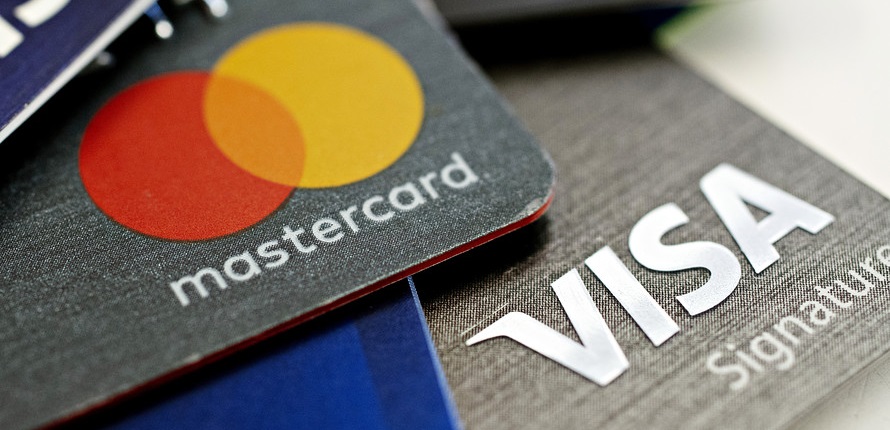
The PSR wants to understand the rationale behind these increases and whether they are an indication that the market is not working well.
The Payment Systems Regulator (PSR) sets out its plans showing how it proposes to carry out two market reviews focusing on card fees. One looks at scheme and processing fees, and the other at cross-border interchange fees.
The reviews focus on Mastercard and Visa as these two card payment system operators account for 99% of debit and credit card payments in the UK.
On scheme and processing fees, the PSR is carrying out this review because its card-acquiring market review (CAMR) found that the fees paid by acquirers had increased significantly from 2014 to 2018. Further feedback from stakeholders also highlights that scheme fees have continued to increase since then.
„The PSR wants to understand whether the markets in connection with scheme and processing fees are working well,” according to the press release. This market review will examine the levels, structure and types of scheme and processing fees, and builds on the PSR’s CAMR findings.
In addition, cross-border interchange fees have also increased significantly in the last year. This affects fees for certain card transactions between the UK and the EEA, where the cardholder is not present (such as payments made by phone or online). Since the UK left the EU, Visa and Mastercard have increased these fees five-fold. The PSR wants to understand the rationale behind these increases and whether they are an indication that the market is not working well.
Natalie Timan, Head of Strategy at PSR, said:
“Cards are the most popular way for consumers to make a payment. To accept card payments, merchants must pay certain fees which can ultimately impact the cost we all pay for goods and services. We want to understand whether card payments are working well and to make sure that merchants, and ultimately consumers, get a good deal.
“We’ve been gathering information since the start of this year and have identified that a detailed review of the market is needed. We have set out what we will assess in these reviews, which will then inform any decisions on the steps we might need to take to promote effective competition or to address any harm.”
The draft terms of reference for the market reviews are open for consultation until Tuesday 2 August. The PSR is interested to receive feedback on the draft terms of reference, in particular the consultation questions and welcomes any evidence in support of submitted views. During the consultation period the PSR will also be running series of engagement events and will be encouraging stakeholders to take part to help shape the scope of the reviews.
____________
Banking 4.0 – „how was the experience for you”
„To be honest I think that Sinaia, your conference, is much better then Davos.”
Many more interesting quotes in the video below: